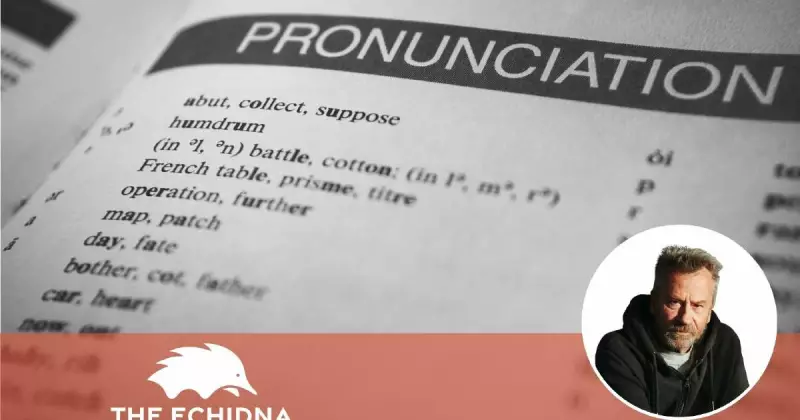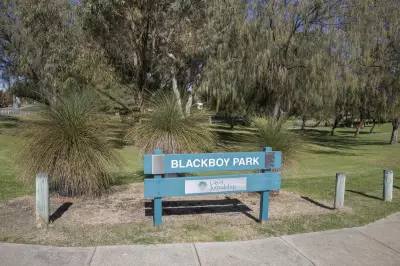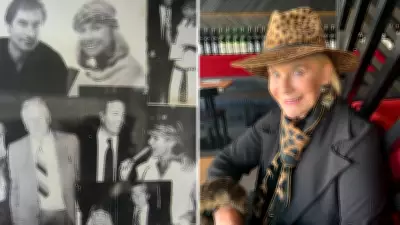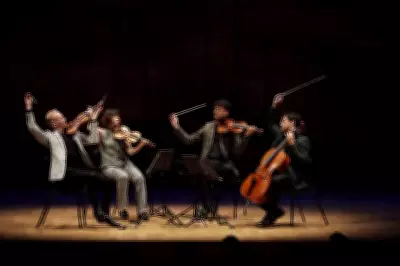
The Pronunciation Pitfalls That Trip Us Up
How many times have you confidently said a word only to discover you've been pronouncing it wrong all along? If you're raising your hand, you're not alone. Australian journalist John Hanscombe recently explored this common linguistic dilemma that affects everyone from everyday conversation to professional broadcasters.
New food trends regularly catch people out, with words like quinoa and acai causing particular confusion. Many Australians initially pronounce quinoa as 'kwin-oh-a' rather than the correct 'keen-wa', while acai often comes out as 'ack-eye' instead of 'ass-eye'. These mistakes are understandable given the unfamiliar spelling and origins of these terms.
Place Name Pronunciation Landmines
The stakes get significantly higher when it comes to geographical locations. Hanscombe shares the story of a television producer whose career began with an embarrassing blunder on regional radio. The producer mispronounced Bulahdelah as 'boo-lah-de-lah', immediately lighting up the switchboard with angry corrections from local listeners.
During the Black Summer fires, South Coast NSW place names were frequently mangled by reporters. While understandable, these errors frustrated locals. Burrill Lake, for instance, isn't pronounced as it appears but rather as 'boo-rill'. Meanwhile, Jervis Bay continues to be mispronounced as 'jar-vis' by visitors, particularly those from Canberra, despite being spelled phonetically.
The Science Behind Our Spelling Struggles
Research from unscramblerer.com, which analysed Google searches for correct pronunciation, reveals some startling facts about English language challenges. English spelling only matches pronunciation about 75% of the time, explaining why words like 'colonel' become 'kernel' and 'Wednesday' transforms into 'wensday'.
Gaelic names present particular difficulties for Australians, with spellings bearing little resemblance to their actual pronunciations. Names like Niamh (pronounced 'neev') and Aoifi (pronounced 'eeh-fuh') consistently trip people up. Even common words like croissant ('kwa-son') and schedule ('shed-yool') are frequently mispronounced.
The problem extends to country names too - asking about 'kat-ah' will likely draw blank stares from Qatari people, who know their nation as 'kuh-tar'.
Even professional newsreaders aren't immune to pronunciation errors. During Princess Anne's recent visit to Australia to mark the centenary of the Royal Australian Corps of Signals, two separate television news broadcasts referred to the 'corpse' rather than 'core'. Fortunately, someone corrected them and the mistake wasn't repeated.
As Hanscombe notes, being corrected might feel embarrassing in the moment, but it's ultimately the kindest thing someone can do. With English's irregular spelling patterns and Australia's mix of Indigenous, Gaelic and borrowed words, it's no wonder we all need occasional guidance on getting our pronunciation right.





